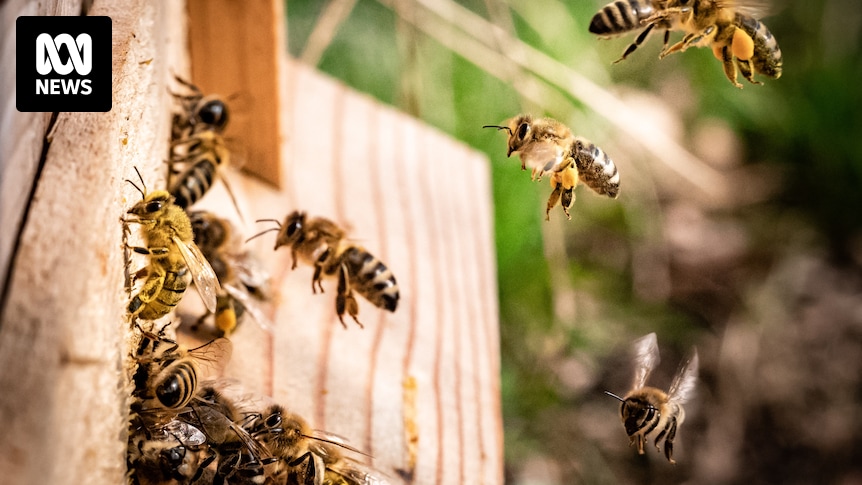Yes, looks like a slow creeping losing war.
I had thought at the beginning all hive movement had been banned, but seems this has not been the case. Had they come down hard at first and stopped all movement in the area and surroundings, they probably could have contained this.
I wonder if they took advice from places like NZ that have varroa experience, or just figured it out themselves. Allowing movement as it seems they have done has doomed this elimination program to almost certain failure.
As a commercial Kiwi beekeeper over here in Australia trying to fight the mite, yes DPI have had some of the top researchers and epidemiologist in the world teaching them about varroa. Unlike much of the world when the mite landed, Australia has had the chance to say that it's scientifically feasible to eradicate the mite.
14 months on and I think they have done an incredible job at slowing the spread of the mite. They have permit systems in place with extensive tracing back to apairies. Unfortunately, for Australian beekeepers, it has been the complacency of their own industry that has disappointed them, not DPI.
NSW has small hive beetle, mix that with their hot humid climate, where their winter days on average are 21°c, no brood breaks. The world is comparing them to other countries yet the only other places that have a similar climate and small hive beetle are getting 50 to 60 percent colony losses each season.
Yes, it may look like we are loosing a war, but we are giving it a bloody good go at it.

 www.abc.net.au
www.abc.net.au


